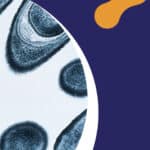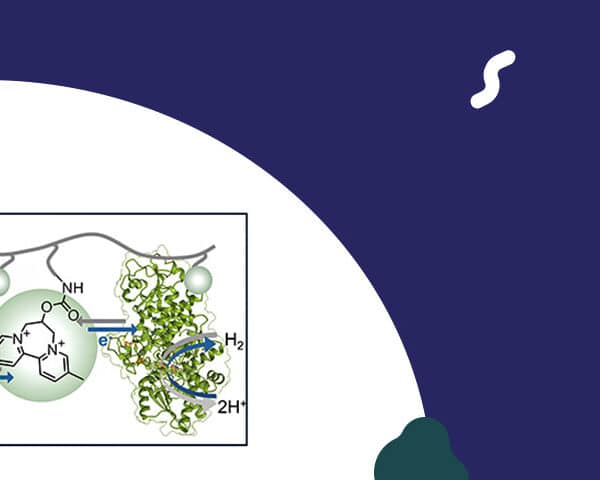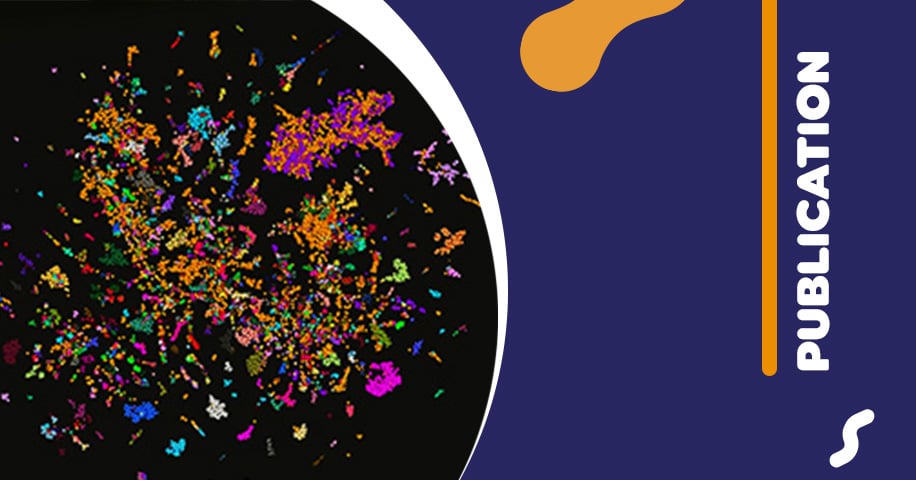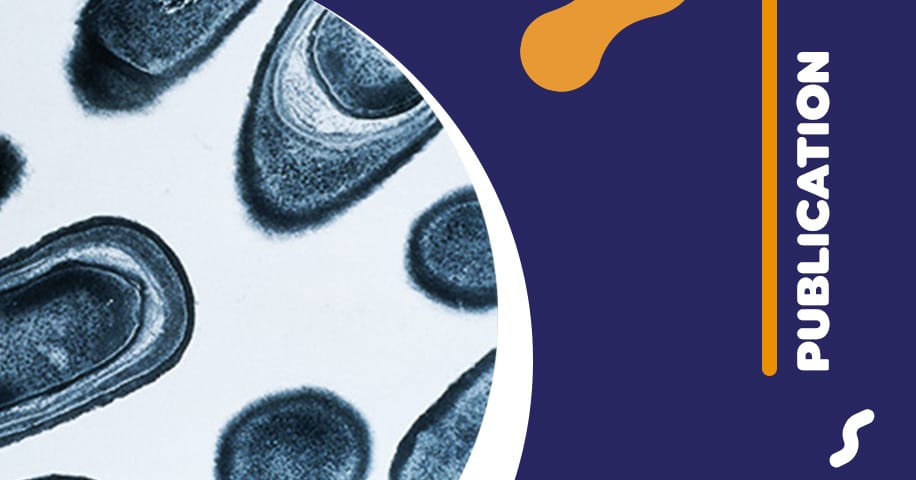
A novel dialogue between proteins and RNA at the heart of bacterial sporulation, Clémentine Delan-Forino
8 October 2025
Protected: Artificial intelligence and protein language models for deciphering viral genomes, Nicolas Ginet
13 November 2025
Christophe Léger’s team (CNRS, BIP Marseille) and his collaborators have published a major breakthrough in PNAS towards the design of more sustainable and accessible hydrogen fuel cells, exploiting the potential of bacterial hydrogenases, natural enzymes capable of producing or using hydrogen.
Researchers have successfully integrated a hydrogenase from Clostridium beijerinckii into a conductive polymer film that protects it from oxygen while preserving its catalytic activity. This innovative device makes it possible to use this enzyme in conditions that were previously incompatible with its functioning.
The result of interdisciplinary work combining biochemistry, polymers and kinetic modelling, this approach, now protected by a patent, paves the way for a new generation of biological fuel cells that are robust, durable and economical.




